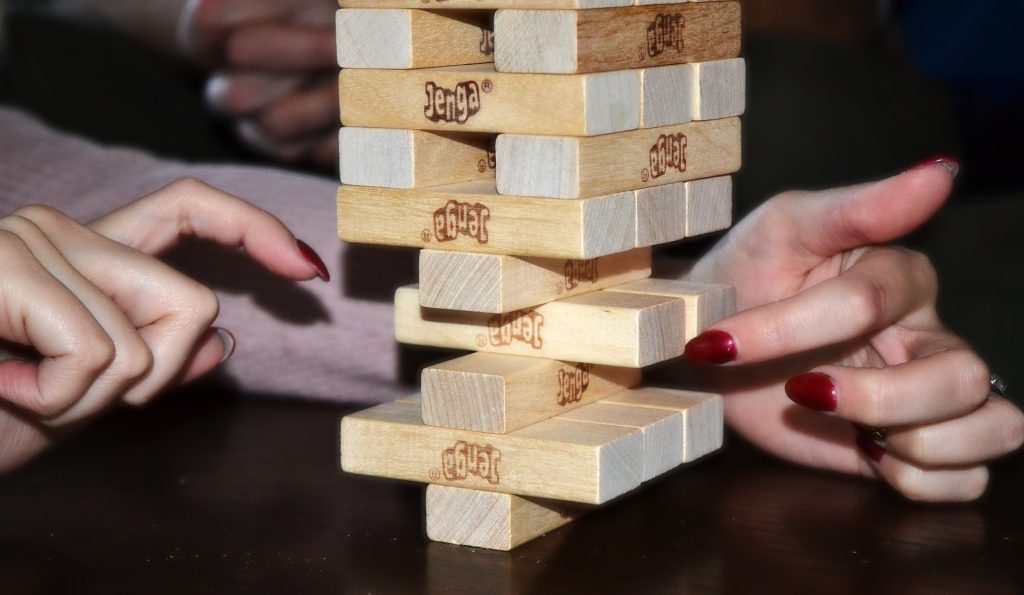Fun and games with gene tech
If gene technology is to be used in Aotearoa, it will be within a social context. While scientific understanding of gene tech has grown, the understanding of ethical, cultural and social concerns and interests locally still needs to be developed. A team of researchers aligned with our Novel Tools & Strategies programme intends to improve our understanding of gene tech perceptions using an intriguing foundation – fun and games.

Gene technologies are being considered in the conservation space to aid in conservation objectives. Environmentally, Aotearoa may benefit from the use of technologies such as gene drive, which can be harnessed to sterilise pest populations.
But even if gene technologies are technically feasible, they may not ‘work’ in New Zealand.
“Technology is never just technology,” says Fabien Medvecky from the University of Otago, a co-lead of the National Conversations project recently funded by BioHeritage. “It’s always embedded in a societal context.”
The goal of the new project is to identify the views people hold around gene technologies being used for environmental purposes.
“To get the full picture, it’s important that people from diverse backgrounds are empowered to participate in gene technology conversations,” says Marie McEntee from the University of Auckland, the project’s other co-lead.
Marie and Fabien have also partnered with Te Tira Whakamātaki, who will lead all the Māori engagement and ensure the project appropriately captures perspectives of iwi/hapū and whānau.
Involvement in gene technology conversations is often limited to those with a strong science background. However, the team insists that all perspectives are important.
“You may not think you know enough to engage with these topics, but nobody knows enough, not even the scientists,” says Fabien. “Even if you know all the science, it doesn’t mean you know the social, ethical or legal structures.”
The team will be avoiding a high science approach to ensure they are meeting people at the right level.
“You can’t start a conversation by giving someone a whole bunch of gene technology papers and asking them what they think,” says Marie. “That puts them on a really uneven playing field with scientists.”
Instead, the project will use games. This might seem unusual, but it has proven useful in previous public engagement projects, such as the European Union’s Nanodialogues.
The games will introduce the general concept of gene tech, but the goal is not to educate.
“We’re not trying to sway people,” says Fabien. “We’re really doing research in that pure sense of trying to find out what people care about.”
Game playing will lead into a conversation about gene tech where researchers will gather concerns, aspirations and perspectives from participants. Once the data from public discussions is compiled, the team will work with stakeholders who have expertise in certain knowledge areas (scientific, mātauranga Māori and policy for example) to develop scenarios. These scenarios will present hypothetical cases such as what might happen if a gene technology is introduced in a local conservation context. These hypothetical situations will then be the foundation for a second round of engagement that give people the opportunity to meaningfully contribute to conversations about environmental futures in Aotearoa New Zealand.
The team is still in the early stages of this project, so first and foremost, it’s game time. The team wants to add a genetic twist to heritage games that people are familiar with.
“We might play Jenga and introduce the idea that each block is a gene,” says Fabien. “If you remove too many ‘genes’ the ‘organism’ will fall apart.”
Heritage games are important so that people can use their existing knowledge of the games to feel secure and confident in participating.
“The games are really to start the conversation and get everyone onto a playing field that they feel comfortable with,” says Marie.
The research will be drawing on and adding to a growing knowledge base of gene tech perceptions in Aotearoa New Zealand.
This knowledge can be used to inform the kinds of social and cultural aspects that need to be included in considerations of gene technology solutions designed to address local conservation goals.
Jenny Leonard
February 2023